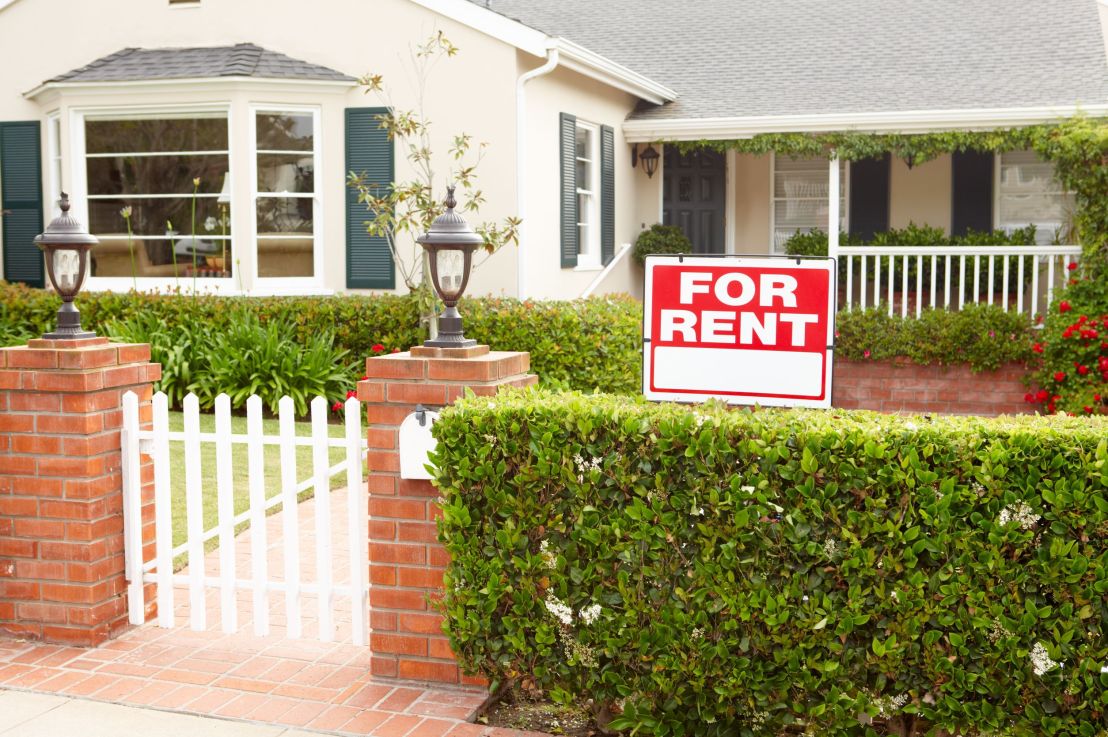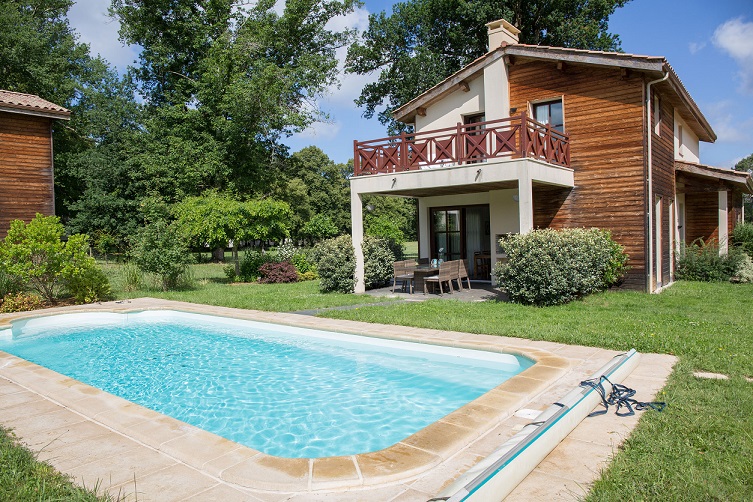As with all investments, owning a rental property is never going to be a risk-free activity. If you were to google “tenant from hell” you would find an endless supply of horror stories from tenants who just don’t pay the rent, to the full-scale trashing of properties, there are more than enough to disturb any landlord’s sleep. For every risk, there is an insurance and when it comes to investment properties, there are no ways around it – insurance is absolutely essential. Having a comprehensive insurance policy in place can help protect you against financial loss brought about by damage to your property or loss of income from unpaid rent. This article will go into a few of the reasons why rental property insurance is so essential.
Protecting your Property Against Damage
Unfortunately, things do go wrong from time to time, accidents happen and a recent spate of natural disasters in Australia has seen many properties severely damaged by fire or flood. Damage can also arise from a range of events such as storms, burst pipes, theft, impact, fusion and more. Tenants are immediately and automatically released from their obligations if the property becomes uninhabitable. On top of costly repair bills, the resultant loss of rental income can quickly become a financial issue for the landlord. A comprehensive landlord insurance policy will include all these covers so you can have peace of mind.
When Good Tenants Go Bad?
Even the best of tenants can have their circumstances change suddenly, job loss, illness, a death in the family, and marital breakdowns can all contribute to a tenant defaulting on their rent payments. Problems with tenants don’t always just stop at unpaid rent. Angry tenants have been known to cause a lot of damage to property, leaving behind smashed windows, holes punched in doors and walls and worse. Landlord insurance or rental property insurance can cover you for a range of circumstances where the tenant fails to pay rent such as hardship orders, court evictions and absconding tenants and the best policies also provide protection for both Malicious and Deliberate damage caused by tenants.
Being Sued can be Expensive
In 2013, a tenant in Victoria received a $300,000 legal liability compensation payment after sustaining serious injuries as a result of the balustrade collapsing on the balcony of his rented property. This claim highlights how vital it is to have legal liability insurance in place from day one of renting out your property. This cover ensures you for death or bodily injury to other people or damage to other people’s property and pays for damages awarded to the claimant, the landlord’s legal fees in defending the claim and even the claimant’s legal costs if the landlord is at fault.

The levels of cover offered and any excess you need to pay if you make a claim can vary greatly between different Landlord insurance providers. It’s important that you read the policy wording and if you are unsure, seek clarification from your insurer on what you are covered for and more importantly, what you are not covered for. If you’re looking for a rental property insurance quote or you’re after a little more information on the subject, please feel free to contact SGUA today for an obligation-free chat.


 While it’s a good idea to have a general idea about the kind of insurance policy that is right for you, it’s worthwhile to have a professional go through your options with you. An insurance broker will be able to look at your circumstances, the value or your property and your tenant situation and recommend the ideal policy.
While it’s a good idea to have a general idea about the kind of insurance policy that is right for you, it’s worthwhile to have a professional go through your options with you. An insurance broker will be able to look at your circumstances, the value or your property and your tenant situation and recommend the ideal policy.